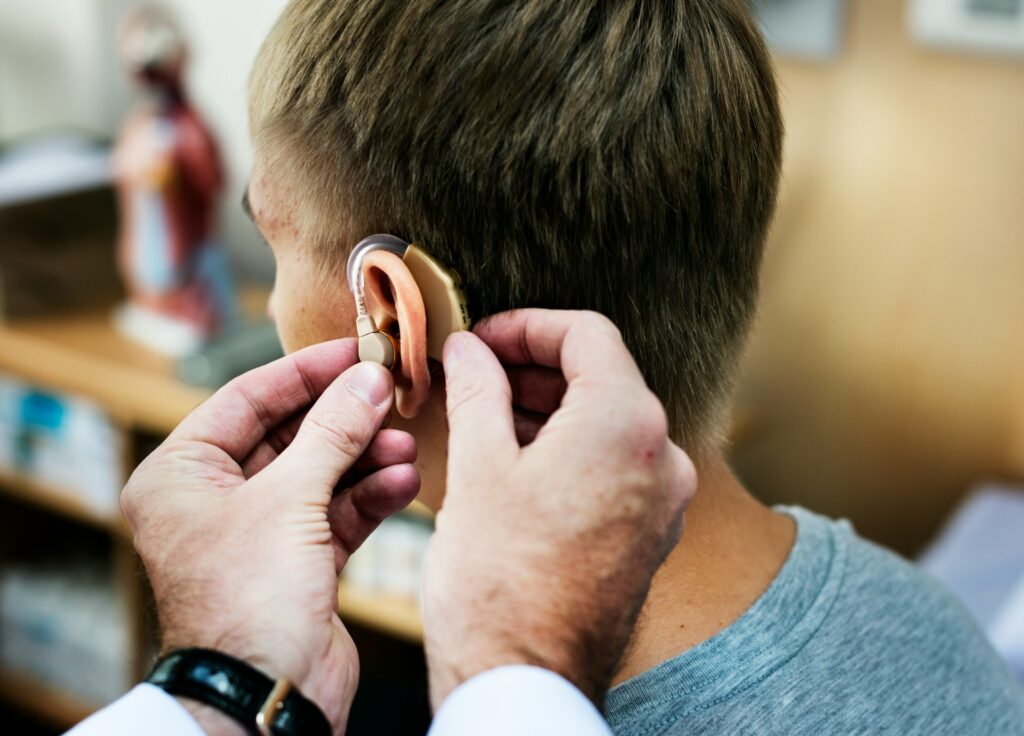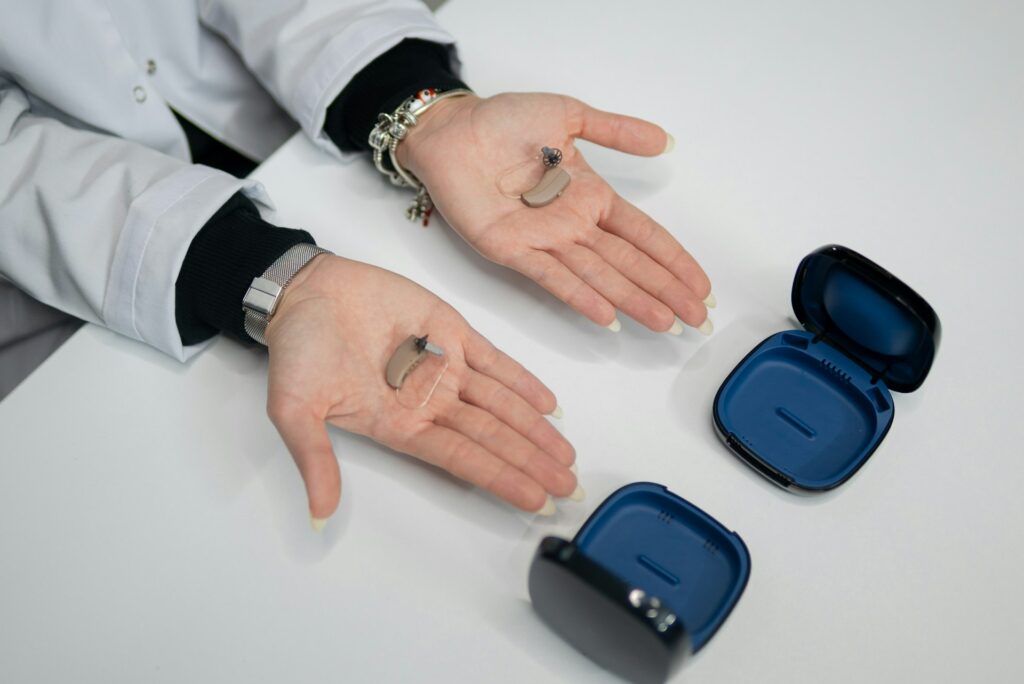In Australia, about 3.6 million people suffer from hearing loss and over 1.3 million of those people could have prevented their hearing condition.
Hearing loss can affect your day-to-day life and cause permanent damage or other health problems if left untreated. Ear health is just as important as the rest of your body, so it is essential to schedule a hearing test when symptoms develop.
What can you expect during a hearing test consultation? Read on to find out.
Hearing Test Consultation
During a hearing test consultation, you can expect a hearing clinician to review your medical history and ask about your lifestyle. This information can give them a good idea of what factors contribute to your hearing loss.
For example, medications and noise exposure may be contributing to your hearing loss. If you work in a noisy environment, be sure to disclose that during the consultation.
Your medical history is reviewed because some conditions may cause hearing loss. Heart disease, anaemia, and diabetes can all play a role in how well you hear.
By going over your medical history, a hearing clinician can find the cause of your hearing issue. In turn, this will help them decide on the right treatment path for you.
A consultation involves getting as much information as possible. A professional will want to know how long you've been experiencing hearing problems and how it has impacted your day to day life.
Some of the general questions you'll need to answer for a full evaluation of your hearing status include:
- Is your hearing loss sudden or gradual?
- Do you experience pain or discharge in your ears?
- Have you had an operation on either of your ears?
- Does your family have a history of hearing loss?
- Were you in the military?
- Did you suffer head trauma?
You'll also be asked what you have the hardest time hearing. If you can't quite put your finger on it, the hearing test will provide some answers.
Physical Test
The first test you'll undergo is a physical one. A hearing clinician will use an otoscope to look into your ear canals. This is similar to what you would experience when going to the doctor for a checkup.
By using the handheld otoscope, an expert can see into your canals to check for physical abnormalities. They may find impacted earwax, malformations, perforations, obstructions, or signs of an infection.
This is an important part of the process because a hearing clinician can immediately tell you if your hearing problems are due to the outer or middle ear. If you opt for an online hearing test, a professional won't be able to peek into your canals.
Listening Tests
After the physical exam is complete, a hearing loss test is done through audiology. There are various listening exams you may be asked to complete.
Pure Tone Testing
During a pure tone exam, a professional can look for hearing test frequency. This test is designed to detect frequencies or volumes that you cannot hear.
You'll complete the test in a soundproof room wearing headphones. Tonal sounds will get played at different volume levels.
You can press a button to indicate the sounds you do hear. The responses are recorded to map out how you individually hear things on an audiogram.
Speech Testing
A speech test uses sounds in the form of spoken phrases at different volumes. You'll be asked to repeat the words to test how accurate your comprehension is.
With this test, a hearing specialist will have a better idea of how complex your hearing is. There are other forms of audiology testing you may be asked to complete depending on the results.
Hearing Test Results
After going through the physical and audiology hearing tests, your graphs will be ready to review immediately. You won't have to wait to get your results after completing a hearing test.
An audiogram is easy to read and understand, but a hearing clinician will go over the specifics with you. You'll find out how each of your ears is hearing and figure out where challenges are stemming from.
With the results, a hearing clinician will uncover how you can address the hearing problems you are experiencing. If there is significant hearing loss in one or both of your ears, treatment options are available.
Treatment Options
If a hearing clinician deems treatment necessary to correct or better your hearing issues, they will go over the options with you. Even if you have permanent hearing loss, all hope is not gone.
Although permanent damage to your hearing cannot be corrected, you can manage it with devices like hearing aids.
Signs of Hearing Loss
If you are unsure if you need a hearing test, consider these signs of hearing loss:
- You hear mumbling sounds from others
- You can't hear well when there is background noise
- Difficulty hearing on a phone call, video call, or can't hear the television
- Needing others to repeat themselves consistently
- Having a harder time hearing children and women voices
- Ringing or other noises in your ear
Although these symptoms seem like they aren't a big deal, they are real signs of hearing loss. Without getting the necessary treatment, you could experience irreversible hearing loss in the future
Schedule a Hearing Test Today
Hearing loss can negatively impact your quality of life even if it happens gradually. The symptoms of hearing loss may not seem that serious, but they are sure to cause more problems down the line if not treated.
Now that you know what to expect during a hearing test consultation and exam, you can rest assured that the process goes smooth and simple.
Country Hearing Care is ready to help you hear again. Book an appointment with us now!










